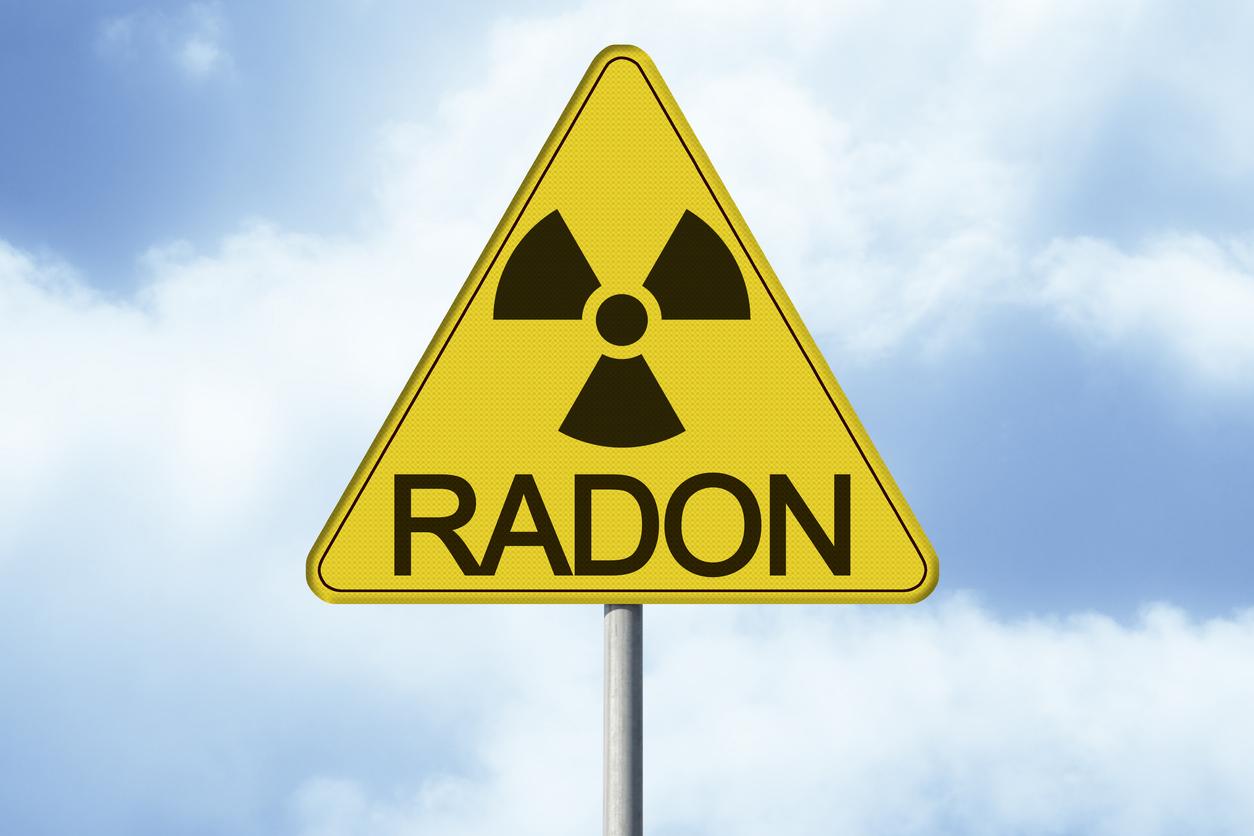A study funded by the Movember Foundation delivers its first results. Half the risk of testicular cancer is attributable to genes inherited from the family.

Movember isn’t just for growing a mustache. Thanks to the donations collected, the Movember Foundation finances the work of several research teams on testicular cancer. One of them publishes in Scientific Reports an unexpected conclusion: small genetic mutations account for 49% of the risk of developing a germ cell tumor of the testes.
Germinal testicular cancer affects 18,000 people each year in Europe. As the authors of the study recall, its incidence has doubled in 40 years. However, we still don’t know much about it.
Small variations
The team from the Institute for Research on Cancer in London (United Kingdom) therefore decided to analyze the genetic component of the risk. For this, the Swedish Population Cancer Registry was reviewed. 15.7 million people included in the family database made it possible to assess the hereditary part of certain genetic mutations. The other part of the study used two British studies on testicular cancer. This time, the genome of 6,000 men, 986 of whom had tumors, was analyzed.
In 49% of cases, the risk of developing testicular cancer comes from small inherited genetic defects. Known mutations represent only 9.1% of the risk of developing the disease. The majority of the variations therefore remain to be identified, specify the researchers.
Prevent tumors
“If we can uncover these genetic causes, screening men with families affected by testicular cancer could help diagnose those most at risk, and help them manage that risk,” says Dr. Clare Turnbull, genetics and researcher. epidemiology at the London Cancer Research Institute. But our study also shows that there is still a lot of work to do. Many genetic factors that cause testicular cancer have yet to be discovered; the first step is therefore to identify the genetic factors of testicular cancer, so that we can develop new ways to prevent it. “
Because according to these results, the role of genetic inheritance is much more important in testicular cancer than in other cancers, where it represents 20% of the risk.
.

















